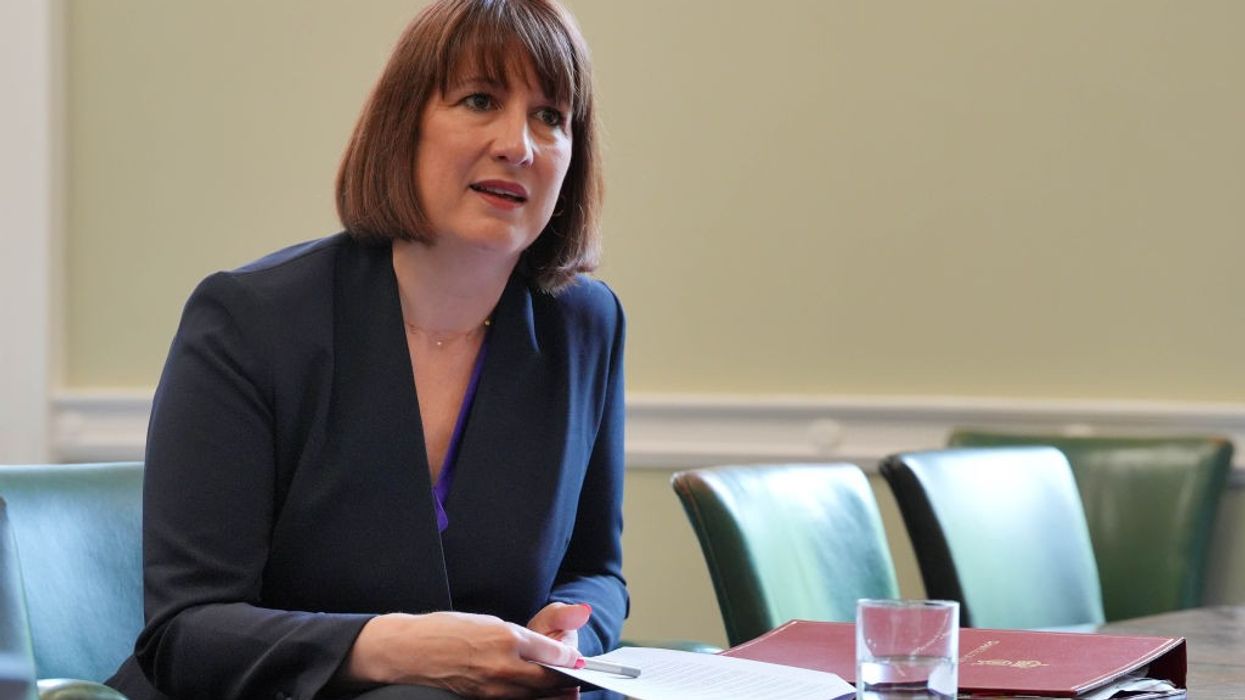CHANCELLOR Rachel Reeves will accuse the former Tory government on Monday (29) of committing to billions of pounds of spending that has not been properly budgeted for.
Elected to run the world's sixth-largest economy in a landslide victory on July 4, Labour has spent much of its first three weeks in power telling the public that things are worse than expected in almost every area of public policy.
On becoming chancellor, Reeves ordered officials to conduct a fresh assessment of public funding needs which she will present to parliament on Monday and use to set the stage for her first formal budget statement later this year.
Labour party sources said on Friday (26) that this assessment had found a shortfall of around £20 billion ($26bn) and on Saturday (27) prime minister Keir Starmer's office said it would "show that Britain is broke and broken".
Late on Sunday (28), the finance ministry said the audit would show "the previous government overspent this year's budgets by billions of pounds after making a series of unfunded promises".
Reeves will also announce a new Office of Value for Money, a crackdown on government waste, reduced use of external consultants and a sell-off of unused government property, the finance ministry said.
In her planned speech to parliament, Reeves says: "The previous government refused to take the difficult decisions. They covered up the true state of the public finances. And then they ran away."
Tories refute claims
Tories, meanwhile, have refuted Labour's claims, alleging the new government is using the fiscal assessment to lay the ground for tax hikes.
The audit is widely seen as preceding infrastructure spending cuts and potential rises to some taxes -- although Labour vowed during the election campaign that it would not raise the main rates levied on workers.
The Sunday Times and other media have reported that Reeves's team has identified an additional public finances black hole of around £20bn.
As a result, she plans to delay or scrap a number of unfunded rail and road projects, according to the reports.
The UK deficit -- the difference between what the government receives in tax and what it spends -- stood at around £120bn in the 12 months to the end of March, the country's last fiscal year.
Labour has vowed to improve the performance of public services, notably the NHS and schools, which will require heavy spending, according to economists.
The party, which has spent the past 14 years in opposition, has pledged to boost public sector funding primarily through ramped up economic growth -- vowing to achieve the highest annual increases to GDP in the G7.
Reeves has already unveiled plans for the mass building of homes in a bid to help drive that growth, alongside reform of the country's antiquated planning system, renewed focus on the green energy transition and other measures.
Labour has ruled out immediate rises to income, worker insurance and corporation taxes. But changes to levies on capital gains and inheritance appear possible to fill holes in the public finances.
(Agencies)





